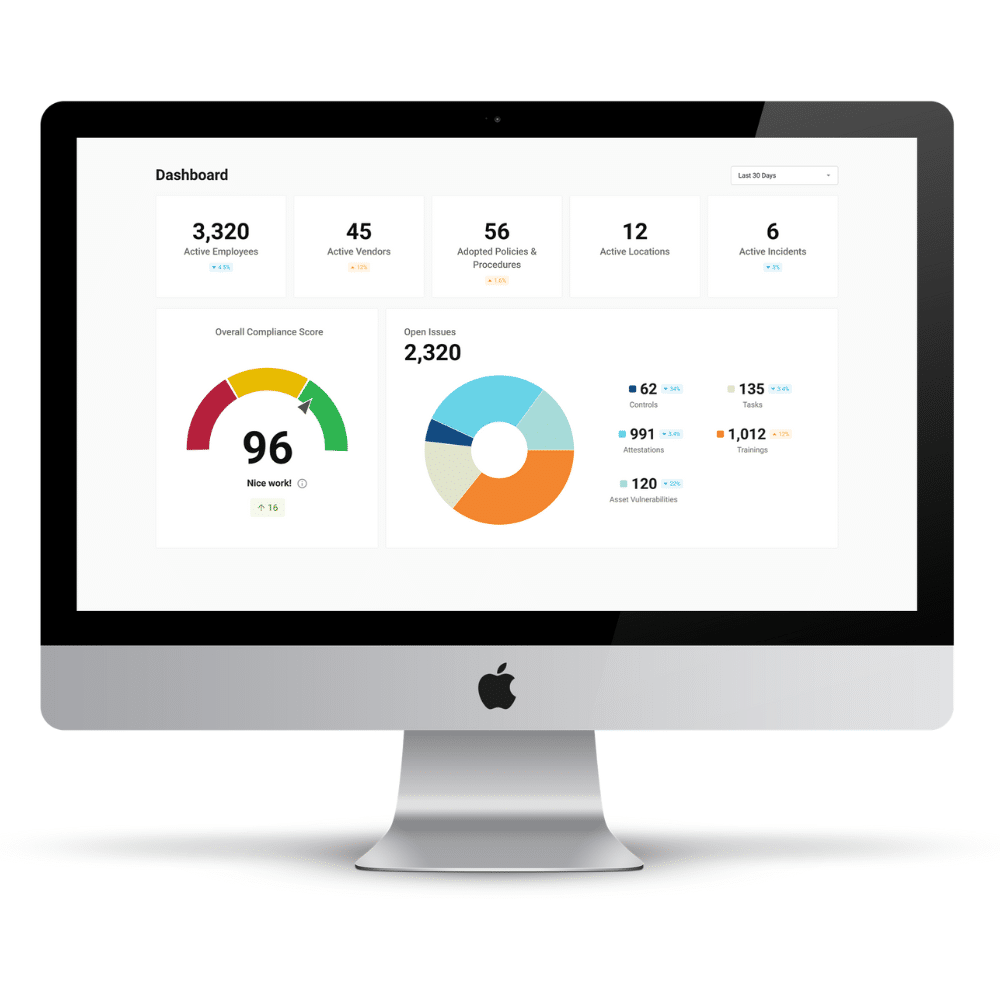
As the healthcare industry constantly evolves, staying compliant with regulations is critical for both patients and providers. The complex nature of healthcare regulations necessitates the need for specialized services to help organizations navigate through this intricate landscape. We will explore the importance of healthcare regulatory services, the healthcare compliance resources they provide, and how healthcare regulatory advisory services can benefit both patients and providers.
Navigating the Complexities: Unveiling the Essential Role of Healthcare Regulatory Services
Healthcare regulatory services are essential for maintaining high standards of care and protecting patient rights. These services assist healthcare organizations in understanding and implementing various laws and regulations that govern their operations.
Whether it’s compliance with HIPAA (Health Insurance Portability and Accountability Act) or ensuring adherence to OSHA (Occupational Health and Safety Act), healthcare regulatory services are a guiding force to keep providers on track.
Your One-Stop Guide to Ensuring Healthcare Compliance Success
One of the critical components of healthcare regulatory services is the provision of valuable healthcare compliance resources.
These resources come in various forms, such as:
- Training Materials
- Toolkits
- Webinars
- Online Portals
- Healthcare Compliance Guides
They help educate healthcare professionals about current regulations, best practices, and emerging trends in the industry. By providing up-to-date information, these resources empower organizations to make informed decisions while remaining compliant.
Moreover, healthcare compliance resources also include comprehensive policies and procedures that serve as guides for employees.
These documents outline:
- Protocols for Handling PHI (protected health information)
- Managing Medical Records Securely
- Ensuring Safety of Patients and Workers
By having access to these resources, healthcare providers can create a culture of compliance with their organization.
Healthcare Regulatory Advisory Services: Unlocking Compliance Excellence
In addition to healthcare compliance resources, healthcare regulatory advisory services offer guidance tailored to specific organizational needs. These services involve working closely with clients to assess their existing systems, identify potential areas of non-compliance, and develop customized strategies to address them. The advisory services also include ongoing monitoring and support to ensure continued compliance.
Healthcare regulatory advisors are trusted partners, leveraging their expertise in healthcare regulations to help organizations reduce risks and avoid penalties. They keep abreast of the latest changes in laws and regulations, translating complex legal jargon into practical advice that is easy for providers to understand and implement. By availing these services, healthcare organizations can focus on delivering quality care rather than worrying about navigating the intricacies of regulatory requirements alone.
The Benefits of Healthcare Regulatory Services for Patients
The role of healthcare regulatory services extends beyond supporting providers; it directly benefits patients as well:
1. Ensuring Patient Safety
Healthcare regulatory services are crucial in monitoring and enforcing standards that healthcare facilities, providers, and medical products must meet. This helps protect patients from potential harm or substandard care.
2. Quality Assurance
Regulatory bodies help maintain high-quality healthcare by setting standards for clinical practice, infection control, medication safety, and other aspects of patient care. By ensuring compliance with these standards, patients can have confidence in the quality of care they receive.
3. Patient Rights Protection
Healthcare regulatory services help safeguard patient rights by establishing guidelines on:
- Informed Consent
- Privacy & Confidentiality
- Access to Medical Records
- Handling of Complaints & Grievances
These regulations empower patients to actively participate in their own healthcare decisions and ensure their voices are heard.
4. Transparency & Accountability
Regulatory oversight ensures transparency within the healthcare system by requiring healthcare providers to disclose information about their:
- Qualifications
- Performance Metrics
- Pricing Structures
- Disciplinary Actions Against Them
Such transparency allows patients to make informed choices about their healthcare options.
5. Reducing Fraud & Abuse
Healthcare regulatory services play a crucial role in detecting and preventing fraudulent activities such as:
- Insurance Fraud
- Improper Billing Practices
- Unnecessary Procedures
By doing so, they protect patients from financial exploitation and contribute to overall cost-containment efforts within the healthcare industry.
All in all, healthcare regulatory services are indispensable in today’s complex healthcare landscape. From providing valuable healthcare compliance resources, to offering expert advisory services, these specialized offerings ensure adherence to regulations while promoting high-quality care delivery. By partnering with healthcare regulatory service providers, both patients and providers can reap the benefits of a compliant and patient-centric healthcare systems.









